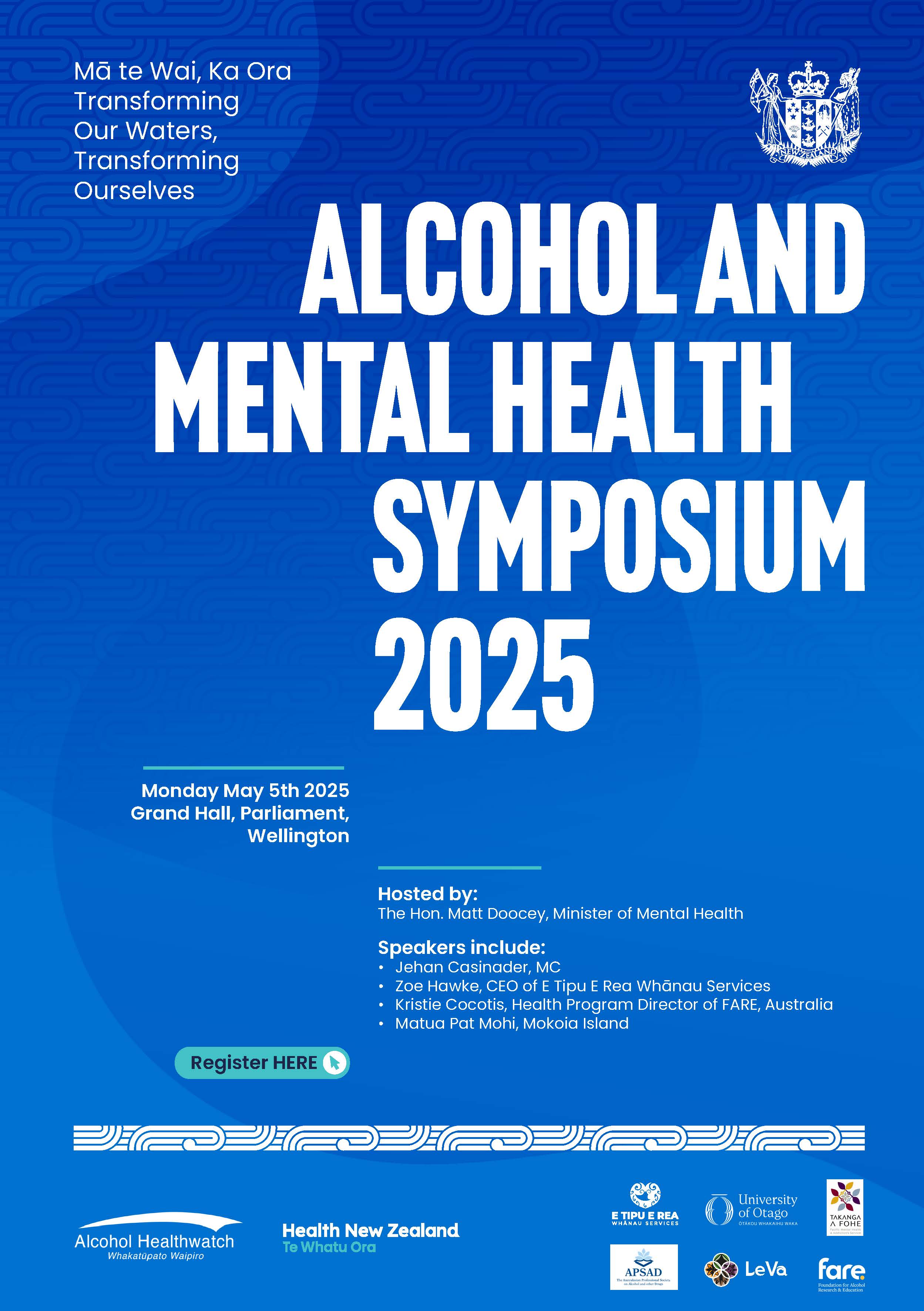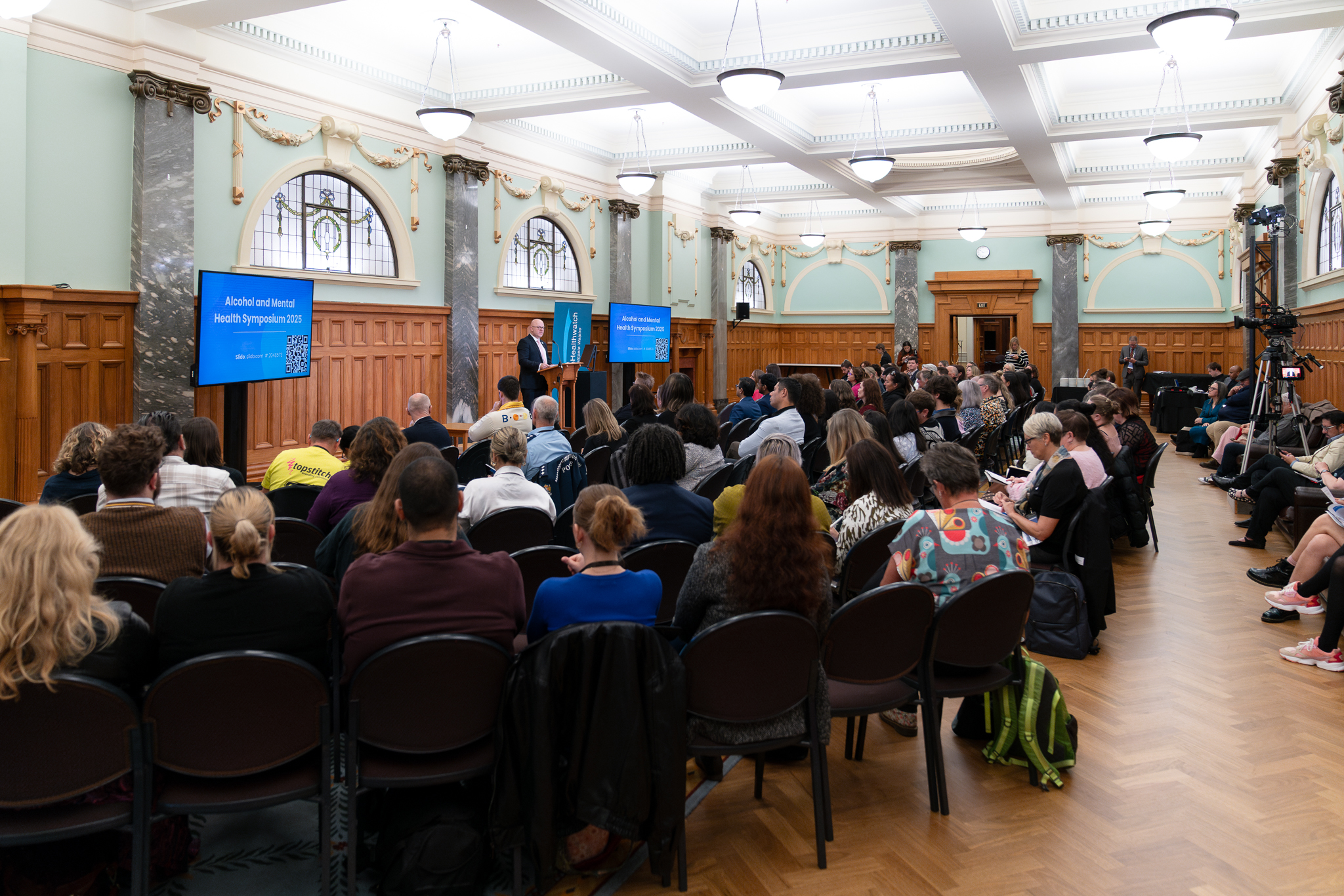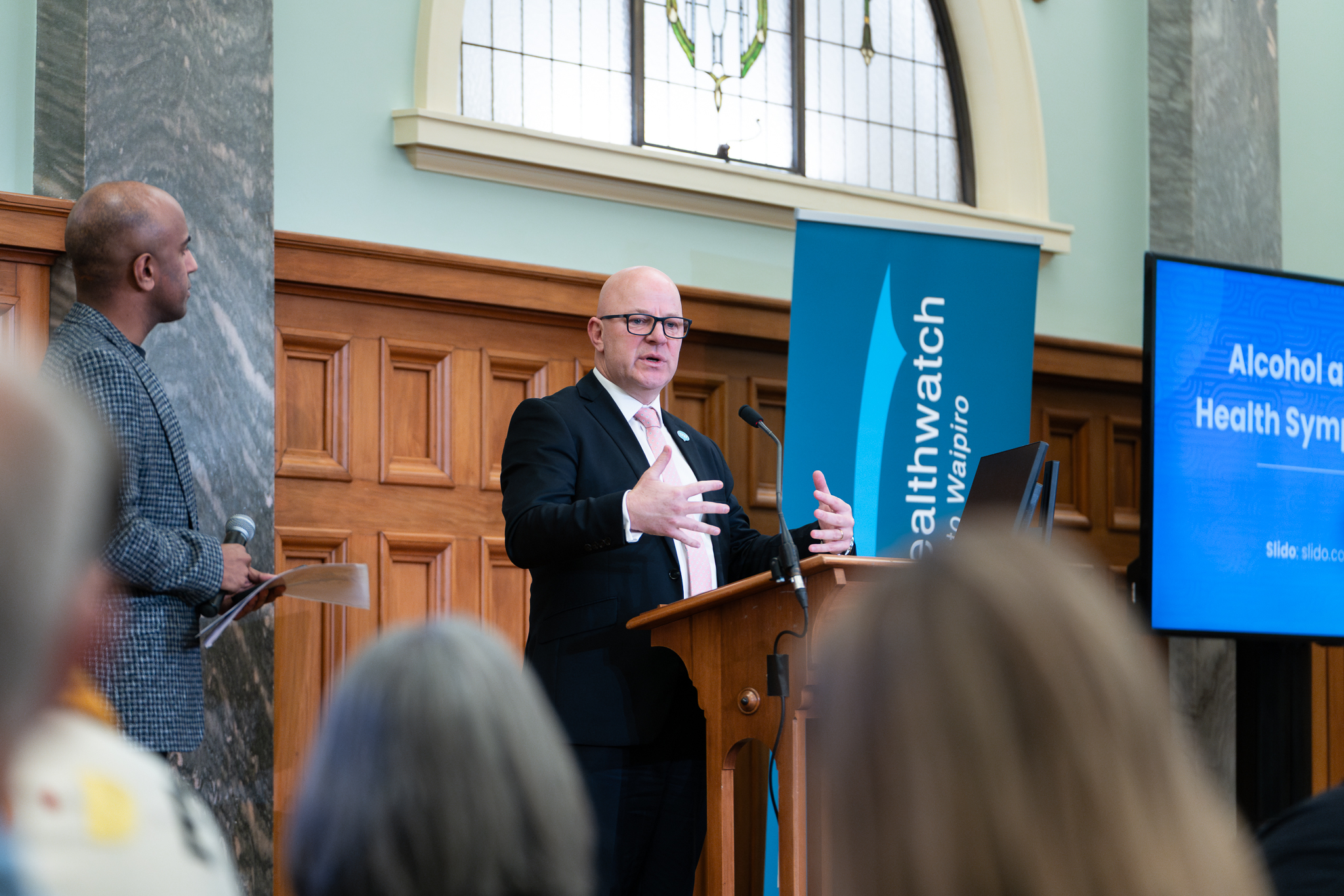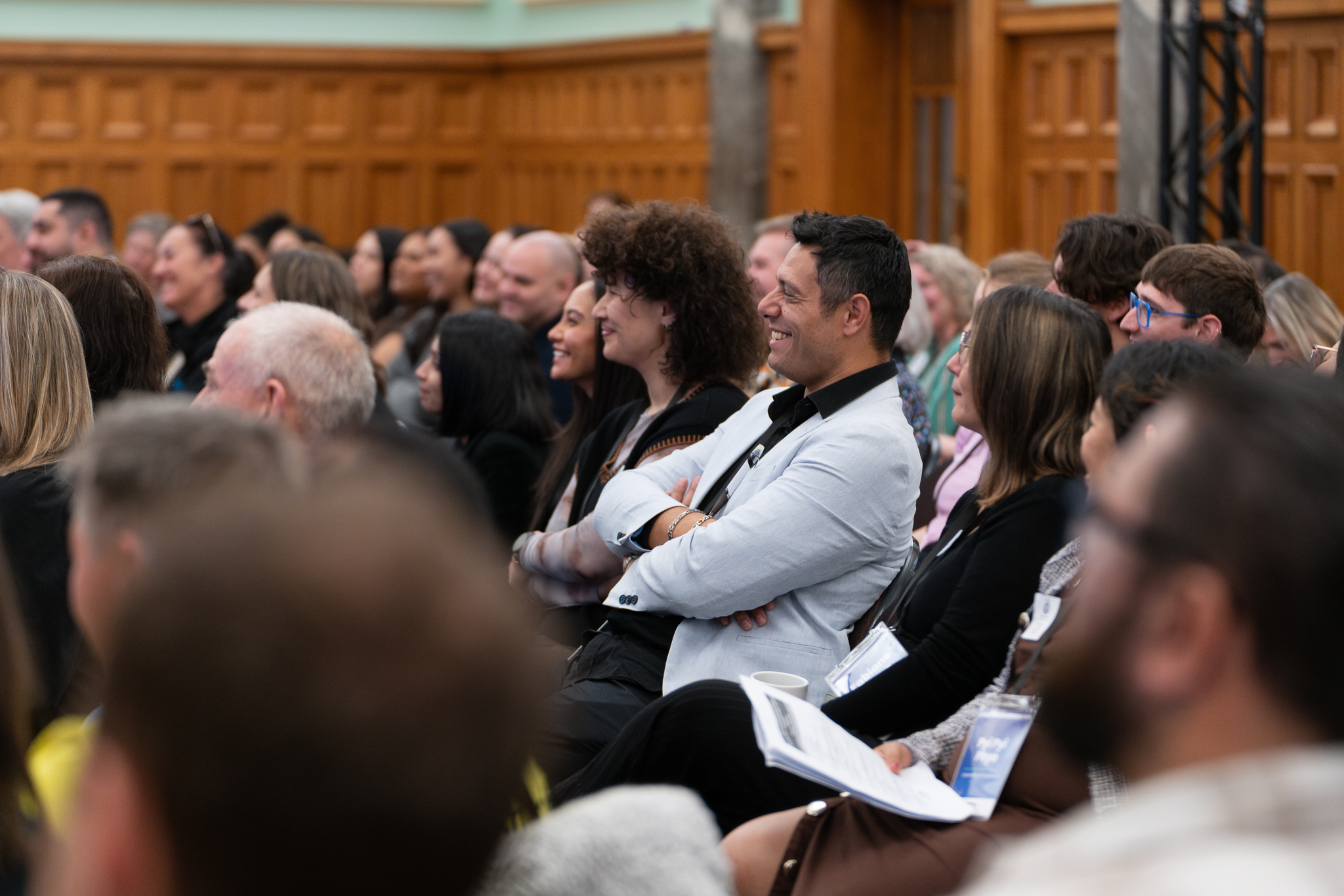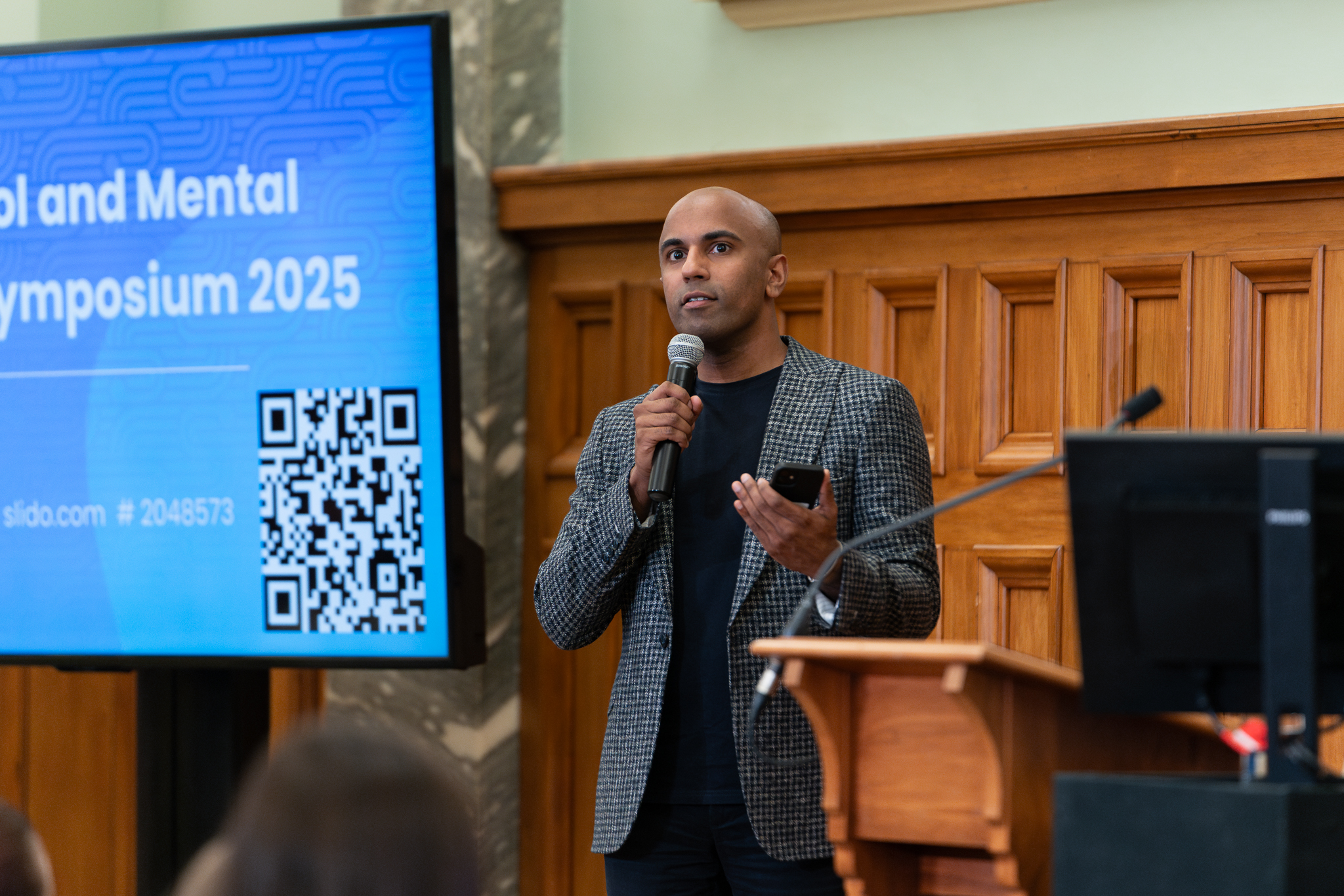PĀNUI
NEWS
Mā te Wai, Ka Ora
(Transforming Our Waters, Transforming Ourselves)
05 / 05 / 2025
Recently, a small team from our organisation had the privilege of visiting Parliament to attend The Alcohol and Mental Health Symposium 2025. Presented by Alcohol Healthwatch, E Tipu E Rea Whānau Services, Takanga A Fohe, Le Va, Ōtākou Whakaihu Waka | University of Otago, Health New Zealand | Te Whatu Ora, and the Australasian Professional Society on Alcohol and Other Drugs (APSAD).
During the symposoium we were all invited to provide feedback on a crucial Position Statement developed by the Mental Health Foundation and Alcohol Healthwatch.
The statement calls on the government to prioritise public health approaches to alcohol regulation, recognising its impact and connection with mental health.

Community-Focused Approaches
During our visit, we listened to speakers from various expertise. They all highlighted in their own way the interconnectedness of alcohol harm and mental health. How poor mental health and alcoholism exacerbate each others risk, including doubling the chance of suicide. We questioned whether those seeking help can always access the support they need, stressing the importance of early prevention and initiatives like screening young women for FASD. Everyone agreed that working at reducing alcohol availability and the promotion and glamorisation of alcohol would have a large impact on alcohol related harm.
A significant part of the discussion focused on reframing the narrative around alcohol harms. It’s easy to overlook the real consequences of high risk drinking behaviours, such as assaults, family violence, broken lives, and health issues. We urged for simple, community-focused approaches, such as rewriting social norms, education, and supporting safe, supportive activities and communities.
We also talked about the vital role of youth voices in this work. Empowering rangatahi and valuing them as leaders is essential. Paying them for their input, supporting their creative projects, and truly listening to their ideas. Their perspectives and leadership can be powerful catalysts for change.
Cultural identity and matauranga maori were recurring themes in our conversations. The idea that maori aren’t doing something new, they are reclaiming their wellbeing, it is something they are returning to. By honouring tūpuna and reconnecting with tikanga, whanau and hapu can support each other to rebuild what was once theirs. Maori tikanga practices like haka, waiata, raranga and maurakau can help improve mental and physical health while also developing pride and identity in oneself, protecting tangata from the chances of developing negative behavriours.
Policy measures such as reducing the hours alcohol is available for sale, implementing minimum unit pricing, and counter-promotions were discussed as effective tools. We also emphasised the importance of increasing industry accountability and boosting health literacy within communities, enabling people to make informed choices.
Finally, storytelling emerged as a powerful means to inspire change. Sharing stories of success, cultural pride, and personal journeys can challenge stigma and create a richer understanding of the harms caused by alcohol. When rooted in cultural strength and community support, recovery and resilience become truly possible.
Our visit reinforced a clear message: meaningful change requires a collective effort—supported by policy reform, cultural reconnecting, community action, and amplifying the voices of those most impacted. When we walk backwards into the future while honouring our past, we can build stronger, healthier communities for all.

EVENT IMAGES
